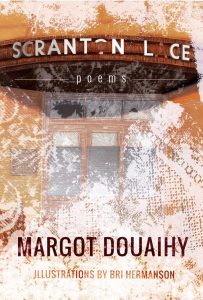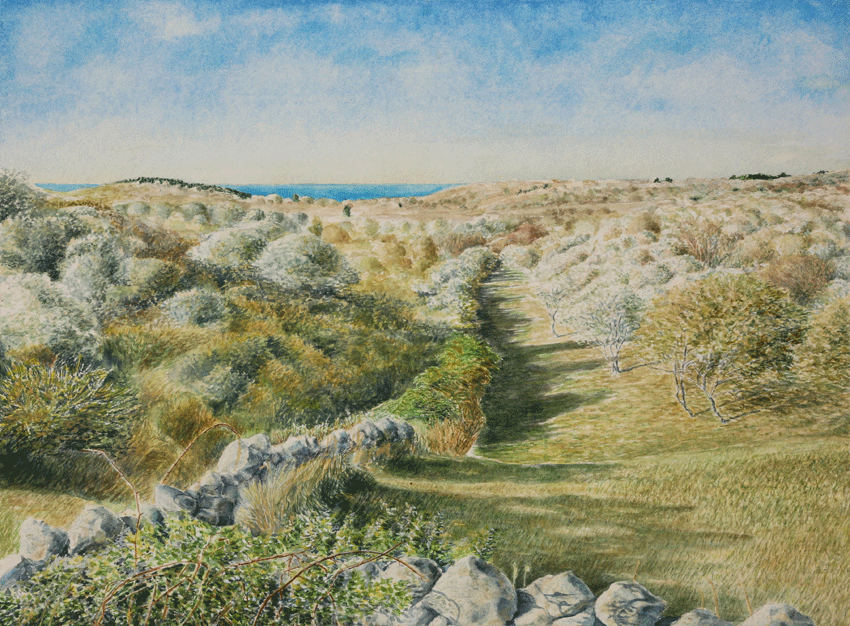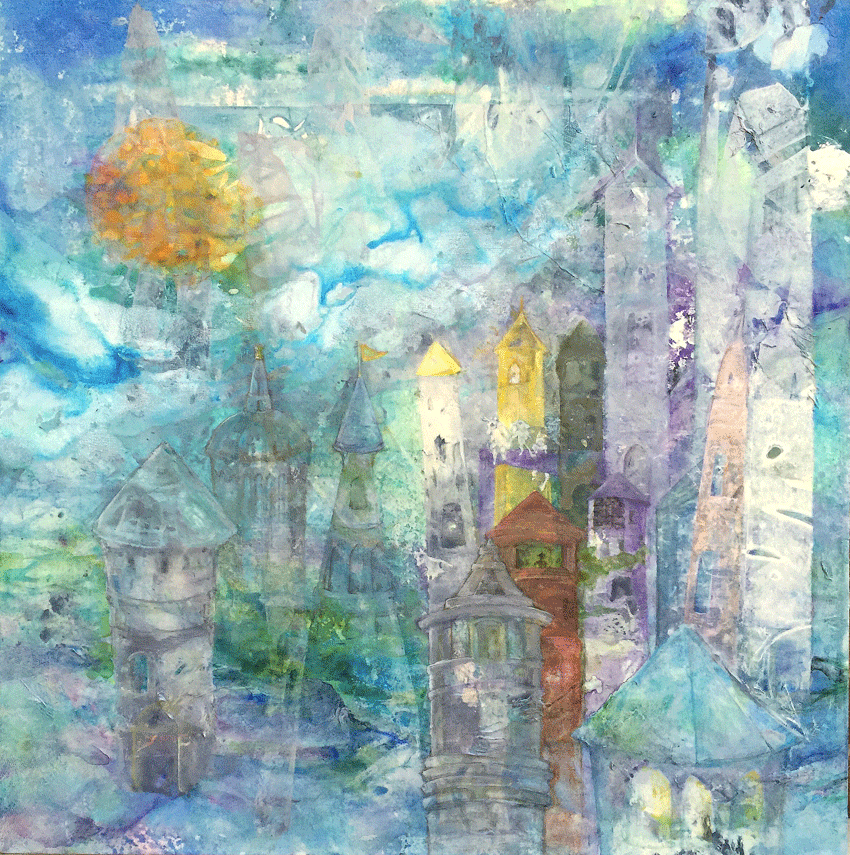
Book Review:
Steve Almond, Bad Stories: What the Hell Just Happened to our Country
By Julia MacDonnell
My urgent advice to anyone who, like me, was stunned, outraged and disoriented by the 2016 election of Donald Trump as president: Read Steve Almond’s “Bad Stories: What the Hell Just Happened to our Country.”
Bad Stories, a slim paperback published by Red Hen Press, is a page-turner for the politically engaged and/or the dazed and confused. It offers no solace for our current civic climate, a country riven by discord, with a corrupt plutocrat and apparent sexual predator (just grab ‘em by the…) occupying the Oval Office. Instead Almond illuminates, with uncommon skill, wit and pungent language, the dark forces in our culture, that, with the precision of a homing device, made all but inevitable the election of a man with “the heart of an autocrat and the mind of a gorilla.”
The titular bad stories, sixteen of them, are, in Almond’s telling, cultural narratives most Americans accept as true. For example, that the United States is a representative democracy or that economic anguish fueled Trumpism. That the Cold War is over and we won, and, echoing loudest from coast to coast in the fall of 2016, nobody would vote for a guy like that!
Almond, the author of three collections of short stories and several books of nonfiction, says that telling stories is what he does best. Hence his focus here on the stories that he believes have gotten us into so much trouble, stories we’ve been telling ourselves and stories that, unchallenged, mass media have been telling us for decades. These ‘bad stories,’ Almond demonstrates, have lately been amped to cacophonous levels but are rarely reflected upon, or their consequences considered. In this book, Almond reflects upon their flaws and considers possible corrections.
Bad Story #3, Our Grievances Matter More Than Our Vulnerabilities, offers a nuanced argument, a keynote for the book. In it Almond describes Trump as a protest candidate who considers traditional politics ‘bullshit.’ He posits that Trump’s base, (generally considered white, male and working class) enflamed by his campaign rhetoric, failed to vote for candidates whose policies might have made possible the job programs, health benefits and housing support they needed to make their lives better. Instead, in anger, they voted against their ‘curdled perceptions of government’ for a man who, so far, has given them nothing except the chance to make noise at rowdy rallies where they get to rail against Fake News and other ‘elites.’
Adding to the horror, feeding it, is the fact that so many Americans don’t vote. Almond offers the familiar stunning data: three million more people voted for Hilary Clinton than for Trump – but only 60 percent of Americans bothered to vote at all. He calls such civic apathy the ‘dark matter’ in a nation ‘overrun by bitter partisanship.’ He argues, convincingly to me, that such apathy is a form of privilege, the privilege of negligence ‘that arises in a population insulated from foreign threat and domestic hardship.’ Learning about the policy proposals of candidates and then voting, he posits, are essential responsibilities for those who value democracy and fear our slide toward fascism.
Almond, who began his career as a newspaper reporter, first in El Paso and then in Miami, is especially perceptive when discussing the role of news media, the so-called Fourth Estate, in the rise of Trumpism. Highlighting cable news, Almond asserts that Trump “became a front-runner because he was treated as a front-runner.”
In story #6, What Amuses Us Can’t Hurt Us, Almond says he wasn’t able to have a serious discussion with friends and acquaintances about the 2016 campaign because “they didn’t take the election seriously.” Almond resurrects Neil Postman’s 1985 screed Amusing Ourselves to Death: Public Discourse in the Age of Show Business to show that however damaging the Trump presidency has been to our country, it has, for many, been irresistibly entertaining. That’s why Trump’s version of reality show politics has been a boon for profit-driven news media. He quotes Les Moonves, chief executive of CBS, telling a conference sponsored by Morgan Stanley that the Trump candidacy, “might not be good for America” but “the money is rolling in” and it’s “fun.” (Since the publication of Bad Stories, and following accusations of sexual misconduct by a dozen women, Moonves has stepped down from CBS.)
In #13, There is No Such Thing as Fair and Balanced, Almond deciphers how the dismantling of the Fairness Doctrine during the Reagan administration gave rise to right wing talk radio, the bailiwick of conspiracy theorists and demagogues. The Fairness Doctrine, instituted by the FCC in 1949, required holders of broadcast licenses to offer ‘honest, equitable, and balanced’ coverage of all controversial material. In other words, broadcasters had to tell both sides of the story. But Reagan’s FCC revoked the doctrine, claiming it harmed the public interest because it violated the free speech rights guaranteed by the First Amendment. (Befuddling, to say the least.) From that moment on, in a rightward lurch, the airwaves resounded with the dark visions and loud voices of Michael Savage, Rush Limbaugh, Glenn Beck, Sean Hannity and others. While these so-called truth tellers only garbled it, they stoked the grievances of their legions of listeners, and made themselves wealthy and politically powerful. Trump, an early Savage listener, is known to be a huge fan. Hannity now serves as an unofficial presidential advisor.
Like the best essayists, Almond has a well-stocked mind. He deploys it shrewdly in Bad Stories, pulling from his brain shelf works of philosophy, sociology, political science and literature to buttress his points. Among the novels whose words and themes are finely woven through his arguments are Moby Dick, Slaughterhouse Five, Fahrenheit 451, Heart of Darkness, The Great Gatsby, and The Grapes of Wrath. This weaving offers a heartening look at the important stories classic literature has to tell us. If only we paid attention.
Almond also presents, for our examination and amusement, his own failed if prescient novel featuring as protagonist a character named Bucky Dent. Dent was ‘a hedonistic right wing demagogue’ whose code of conduct included ‘manic self-promotion, gluttony, screen addiction, sexual predation and casual racism.’ His attempted novel, Almond says, was inspired by his concerns about the Tea Party’s fundamentalism. But it failed, he writes, because he fell out of love with his own creation and because his early readers found Dent too ‘cruel and cartoonish’ to be believed.
Almond calls Bad Stories ‘a rhetorical panic room.’ I don’t disagree but it is much more than that. It’s an enthralling examination of our disastrous current politics, replete with Almond’s impressive research as well as his signature wit and vibrant language. Moreover, Bad Stories, as it delves into Almond’s personal history, and his self-described failure as a reporter – his editors always wanted ‘indictments’ whereas as he wanted to find out ‘what it meant to be human’ –can also be read as the evolution of an important American writer, one who eschews the role of pundit. Instead, Almond has chosen to become an interlocutor of the culture, one who hopes with his ideas and his words to generate conversations and maybe to prompt action. The role of interlocutor is what links Almond’s fiction with his nonfiction with his podcasts with his teaching and with all of his other work. Always he is seeking to answer a single question: What does it mean to be human?
By the time I closed Bad Stories for the second time, having underlined and highlighted its pages almost into oblivion, hope glimmered on the horizon. I understood better than I ever had why and how we’ve arrived in this broken place and what I, Citizen Me, solo voter, have to do to get the humanistic democracy I need and want.
Julia MacDonnell (Chang) has lived many lives, among them, urban homesteader, circus performer, modern dancer, waitress, anti-war activist, newspaper reporter, college professor, and ‘gluer’ of velvet boxes on a production line in a rosary bead factory. MacDonnell’s second novel, Mimi Malloy, At Last!, was published by Picador in 2014, and chosen as an Indie Next selection by the A.B.A. It was released in paperback in 2015. Her first novel, A Year of Favor, was published by William Morrow & Co. Her stories and essays have appeared in Ruminate, Alaska Quarterly Review, North Dakota Quarterly and many other publications. She is the former nonfiction editor of Philadelphia Stories.







